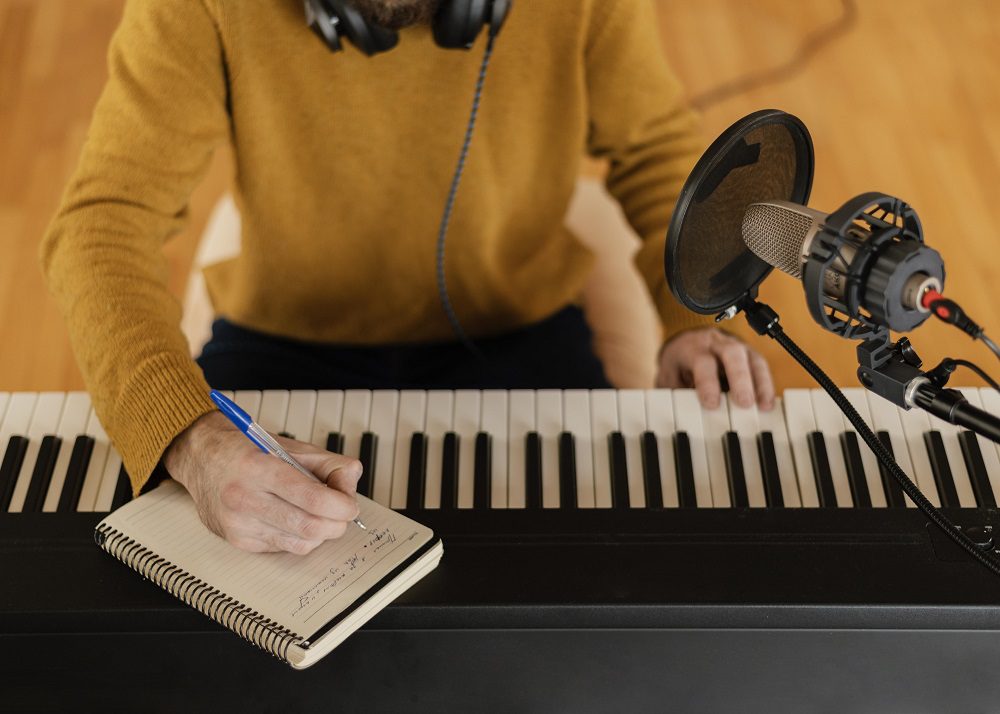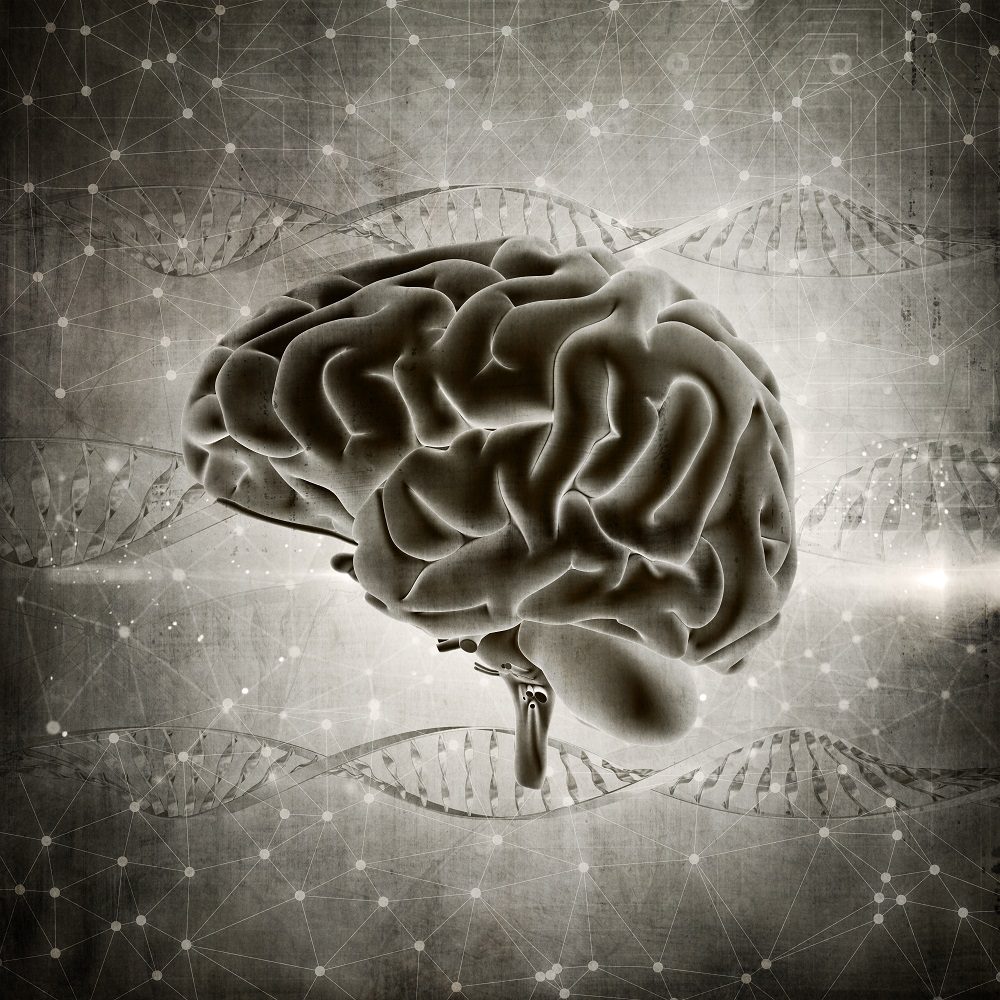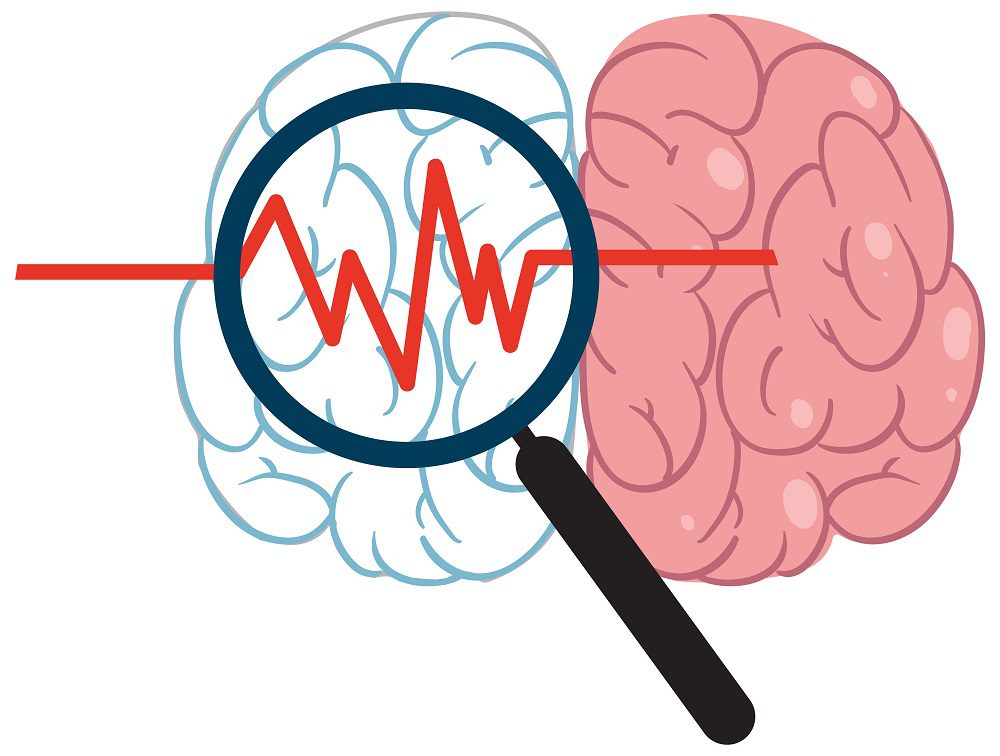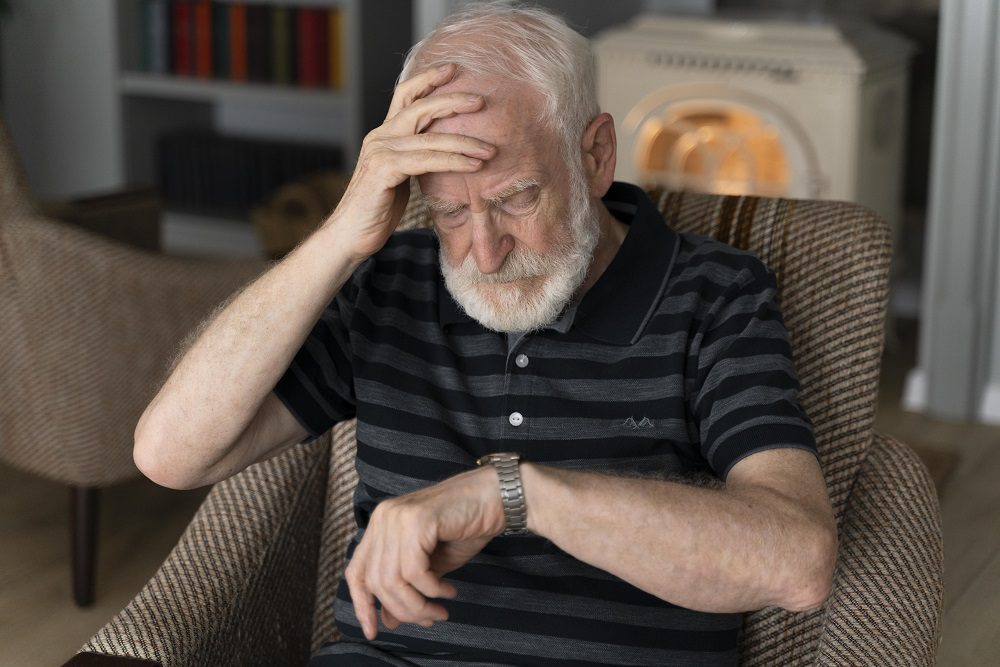Switching attention deficits in post-stroke individuals with different aphasia types


People with aphasia (PWA) also have deficits in attention, thinking, memory, and executive functions. Moreover, s growing body of literature indicates specific attention deficits in some PWA. These cognitive deficits, especially problems
Positive changes to written language following phonological treatment in logopenic variant primary progressive aphasia: Case report


Phonological impairment contributes to deficits in repetition and spoken naming in the logopenic variant primary progressive
Music Therapy in Global Aphasia: A Case Report


Global aphasia is a severe disorder involving profound impairment of all modes of receptive and expressive language. Music and music therapy may improve communication skills in different neurological disorders. The inclusion
Structural correlates of language processing in primary progressive aphasia


Understanding the relationships between brain structure and language behavior in primary progressive aphasia provided important information about the disease’s pathomechanisms. This study specifies the relationship betwee
Language reorganization patterns in global aphasia-evidence from fNIRS


Global aphasia is the most severe form of post-stroke aphasia and is characterized by severe impairments. Exploring the brain reorganization patterns associated with language recovery would promote the treatment of global
Possible Effects of Acupuncture in Poststroke Aphasia


Poststroke aphasia (PSA), a language-acquired disorder, is one of the most devastating symptoms after stroke. PSA affects approximately one-third of stroke patients, and 30–43% of them suffer from long-term effects of
